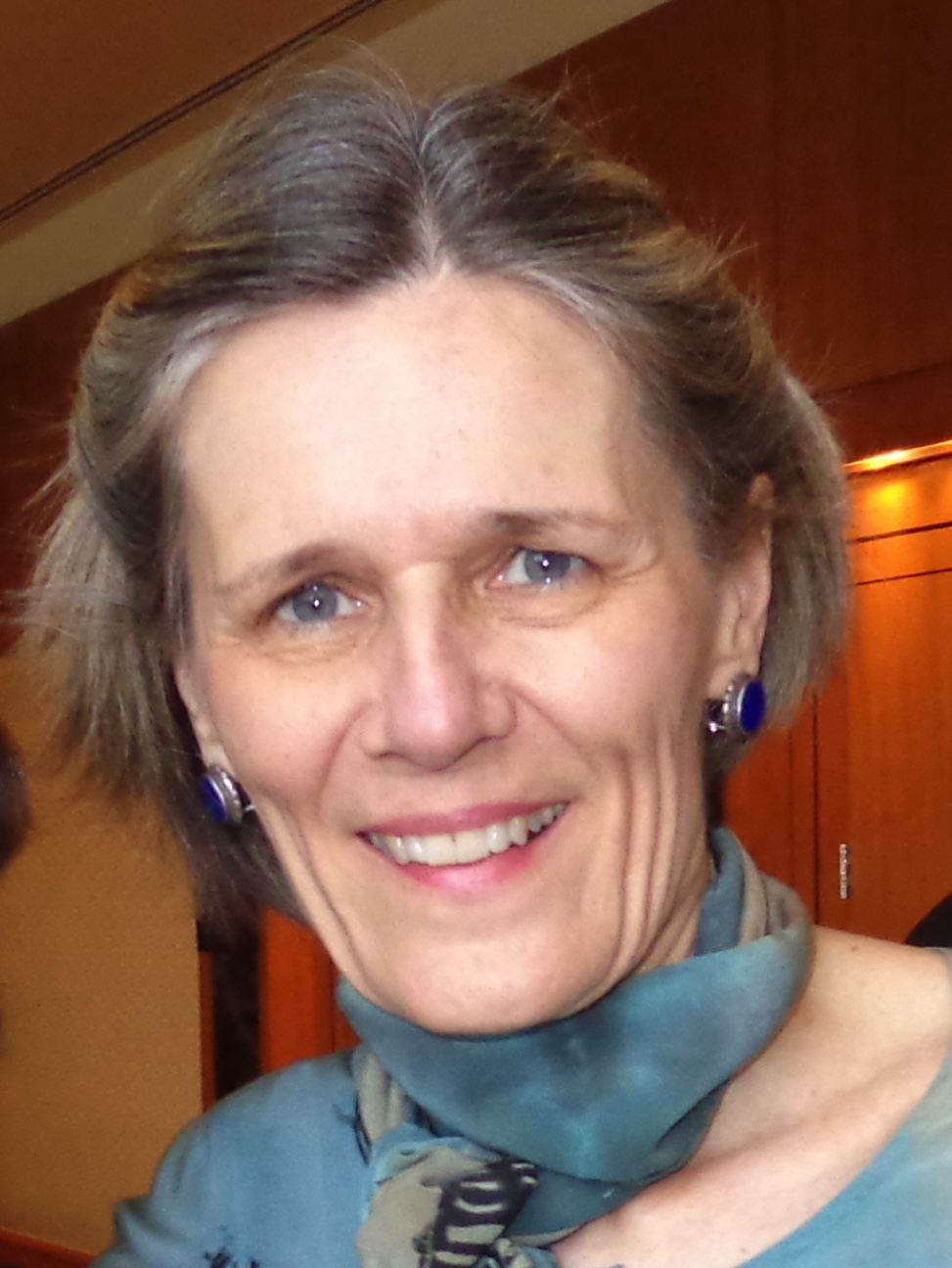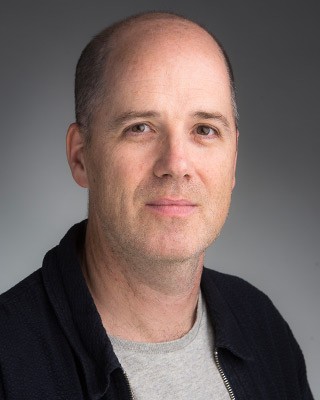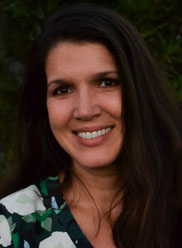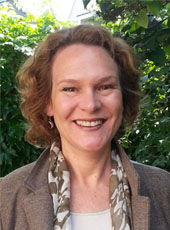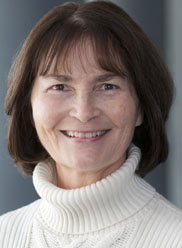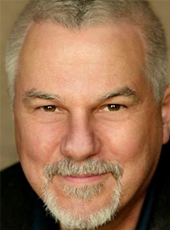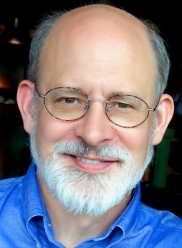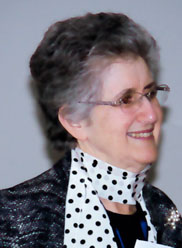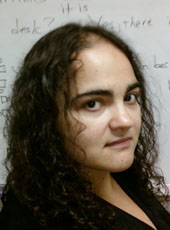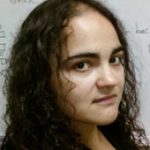Presented by Carol Numrich and Frances Boyd
We’ve learned that academic English Language students thrive on materials rooted in engaging topics, integrated skills, and critical thinking. But what can materials do to further support higher-order academic skills? With specific examples, we demonstrate activities that develop note-taking, presentation skills, and application of grammar and vocabulary to varied academic tasks.
About the Speakers
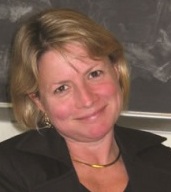
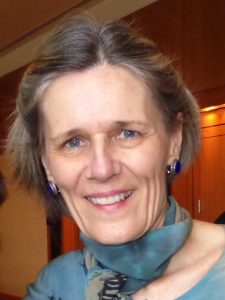
Colleagues at the American Language Program of Columbia University for over 30 years, both Frances Boyd, Ed.D., and Carol Numrich, Ed.D., have also trained teachers at home and abroad –in Latin America, Asia, and the Middle East—in content-based, integrated skills, and critical thinking pedagogy. Launching NorthStar in 1998, they have been continuously committed to creating the highest-quality, most engaging language-learning materials for academic students of English and their teachers.

